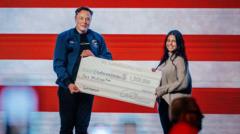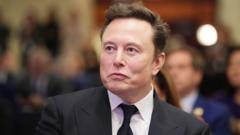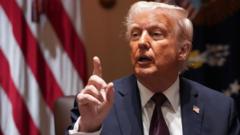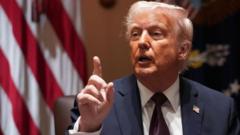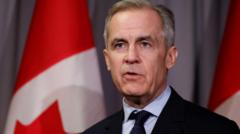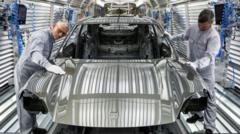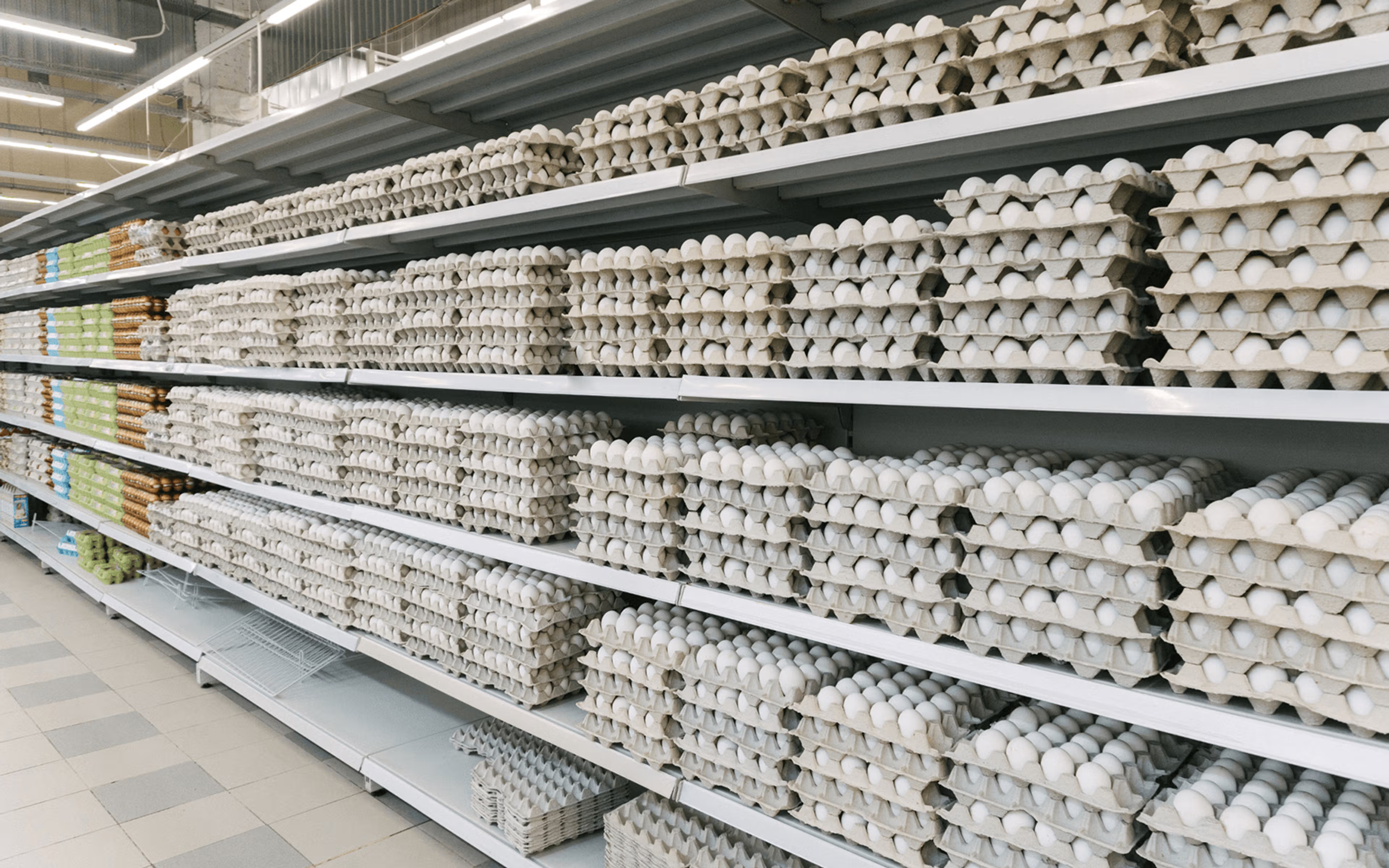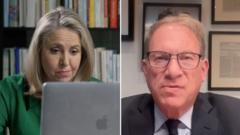A critical examination is underway after Tesla’s claims led to financial repercussions for other dealerships.
**Tesla's Weekend Sales Controversy: Scrutiny Over 8,653 Cars Claimed in Canada**

**Tesla's Weekend Sales Controversy: Scrutiny Over 8,653 Cars Claimed in Canada**
Four Tesla dealerships reported unprecedented sales figures in Canada, raising questions about the legitimacy of their claims and the impact on government subsidies.
The sale of electric vehicles in Canada has been facing a downturn, driven by various factors including the controversial involvement of Tesla CEO Elon Musk in diplomatic matters. Yet, in an extraordinary report, four company-owned Tesla dealerships claimed to have sold an astounding 8,653 cars in merely one weekend in January. This figure, which translates to about 43 million Canadian dollars (around $30 million) in government rebates, is now under intense scrutiny.
Authorities are baffled by the notion that these dealerships could achieve such a feat, which would necessitate a staggering sales rate of two cars every minute from January 10 to January 12. Following these claims, the Canadian government froze the subsidy payments pending an investigation by Prime Minister Mark Carney’s new transport minister, Chrystia Freeland. Freeland emphasized her commitment to ensuring that all claims are subjected to thorough validation before any funds are disbursed.
While the subsidy program has since expired, Freeland made it clear that should a new program emerge, Tesla vehicles would not be eligible due to “illegitimate and illegal U.S. tariffs” imposed on Canada. Critically, the massive sales figures reported by Tesla burdened the government’s rebate system, leading to the early conclusion of the program that was initially set to close on March 31.
The impacts of Tesla's sales claim extend to the broader automotive market, as the Canadian Automobile Dealers Association indicates that approximately 225 dealerships representing other brands lost out on nearly 10 million Canadian dollars in potential claims, threatening some of their financial viability. As investigators delve deeper into these allegations, the effects of these reported sales will likely resonate throughout Canada’s automotive market for the foreseeable future.
Authorities are baffled by the notion that these dealerships could achieve such a feat, which would necessitate a staggering sales rate of two cars every minute from January 10 to January 12. Following these claims, the Canadian government froze the subsidy payments pending an investigation by Prime Minister Mark Carney’s new transport minister, Chrystia Freeland. Freeland emphasized her commitment to ensuring that all claims are subjected to thorough validation before any funds are disbursed.
While the subsidy program has since expired, Freeland made it clear that should a new program emerge, Tesla vehicles would not be eligible due to “illegitimate and illegal U.S. tariffs” imposed on Canada. Critically, the massive sales figures reported by Tesla burdened the government’s rebate system, leading to the early conclusion of the program that was initially set to close on March 31.
The impacts of Tesla's sales claim extend to the broader automotive market, as the Canadian Automobile Dealers Association indicates that approximately 225 dealerships representing other brands lost out on nearly 10 million Canadian dollars in potential claims, threatening some of their financial viability. As investigators delve deeper into these allegations, the effects of these reported sales will likely resonate throughout Canada’s automotive market for the foreseeable future.


